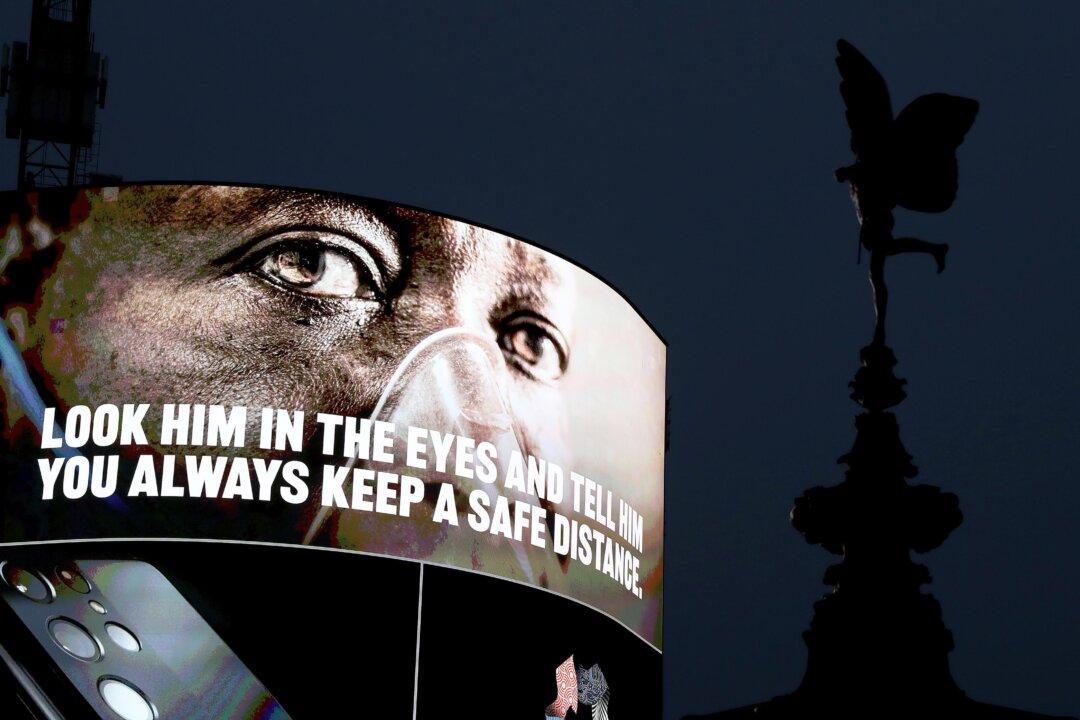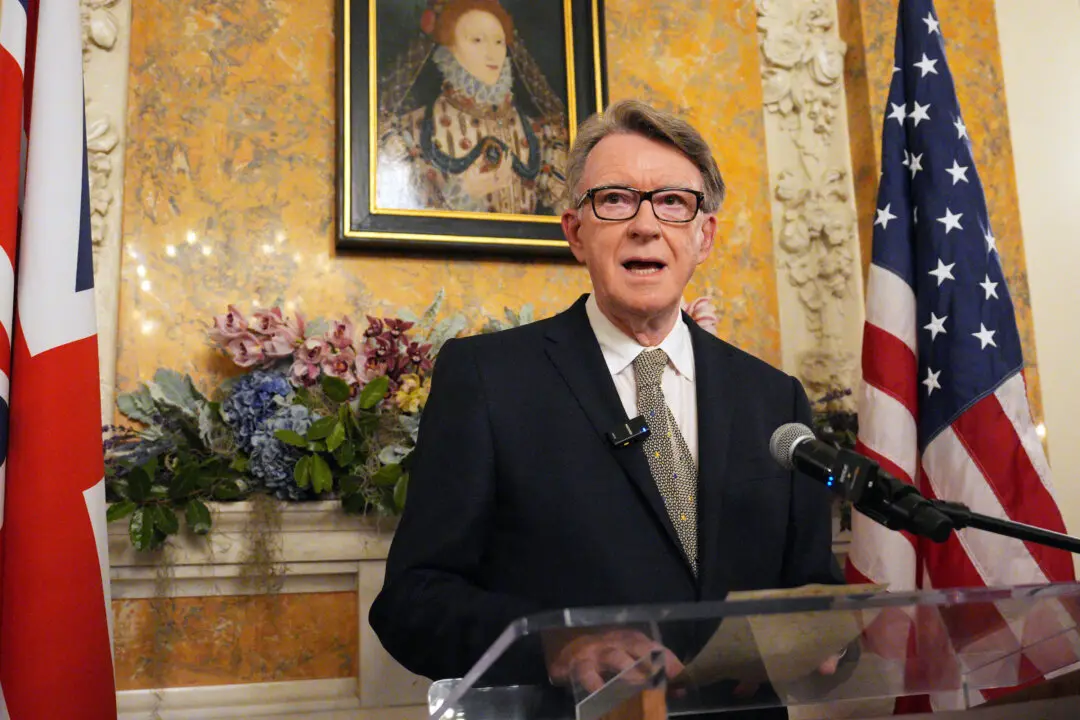The government’s new health and social care minister in the House of Lords has defended the use of lockdowns and claimed that Labour was right to support them while in opposition.
Baroness Merron—a former MP—responded to a question yesterday from the lockdown-sceptic Conservative Lord Robathan, who asked how many deaths involving COVID-19 were certified during 2020–22, and whether this suggested lockdowns were “effective.”
Lord Robathan lamented the fact that the government’s minister for science, Lord Vallance—known as Sir Patrick Vallance when he was the previous government’s chief scientific adviser—was not in his place to give the benefit of his “encyclopedic knowledge” on the subject.
Baroness Merron said that research funded by the UK National Institute for Health and Care Research suggested that close to half a million lives had been saved by the highly controversial lockdowns “in the first few months of the pandemic.”
UK Had Higher Excess Death Rate Than Sweden
The UK ranked 15th best out of 29 European nations examined by the Office for National Statistics (ONS) in terms of excess deaths for the same period, which also includes an 18-month period since the COVID-19 vaccines were rolled out in January 2021.Lord Robathan pointed out that excess deaths had been higher in the UK than in Sweden, with the Scandinavian country being the outlier among European nations because it did not have a lockdown and implemented relatively light restrictions.
Lord Robathan said, “We know the impact on mental health, on the economy, and particularly on children’s education, of lockdowns,” urging the government “not to make the same mistakes again” as he asked the minister whether “on a cost-benefit analysis, lockdowns were worth having.”
Baroness Merron said that it was “not possible to draw direct comparisons” between different nations because of differences in geography and demographics.
Chatbot Quoted as Pro-Lockdown Evidence
Agreeing with Baroness Merron, the crossbench peer Lord Patel of Bradford quoted from a response he received from an AI chatbot, which he said backed up the claim that lockdowns saved lives.Lord Patel, a former social worker, argued that one study showed that the Scandinavian countries which did have lockdowns fared better than Sweden in terms of excess deaths.
The former Labour peer turned independent said, “To satisfy today, I asked ChatGPT to compile all the evidence. In summary, ChatGPT says that while lockdowns during COVID-19 were effective for reducing the deaths from the virus itself, they also had complex and varied impacts on overall public health. The net effect on mortality rates includes both the direct benefits of reduced transmission and the indirect consequences of restricted mobility and access to health care.”
Baroness Merron thanked Lord Patel for his “informed observations” and said that “the clear majority of professional opinion” in the UK had argued that “lockdowns had their place ... and not locking down would have resulted in more deaths.”
She then praised the “fantastic” COVID-19 vaccination programme for “allowing us to unlock,” before observing that “COVID-19 is now a relatively mild disease for the vast majority of people.”
The reasons for the continued high excess death rate after the vaccines were rolled out were not discussed.
Another crossbench peer, the Earl of Clancarty, then urged the government to ensure that those diagnosed with so-called “long COVID”—a form of post-viral fatigue syndrome—do not become “victims of the government’s drive to get the unemployed back to work.”







